
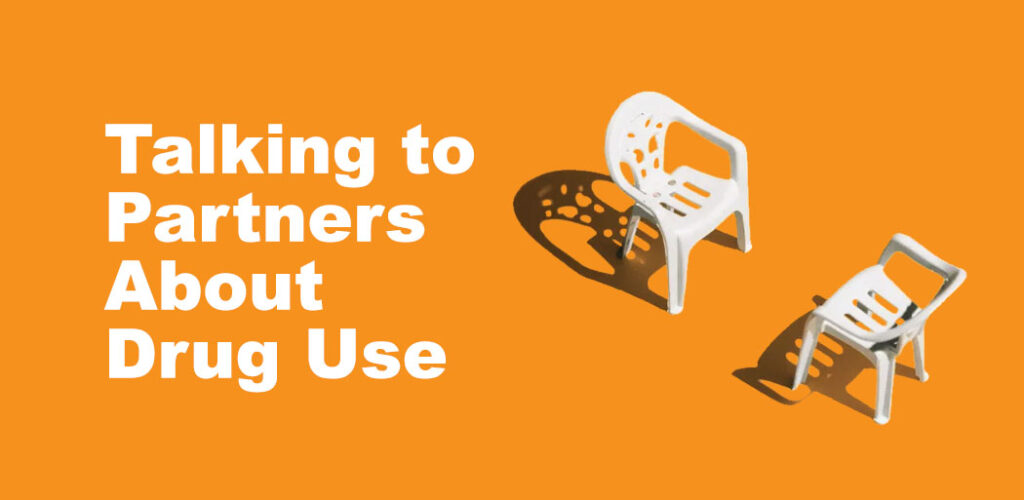
When it comes to relationships, it’s common to imagine a couple where both people use drugs together or where both people abstain from using them. But that’s not always the case. There are many couples where one person uses drugs and the other doesn’t, or couples where when and how much people use drugs is different. And we maybe don’t always consider the effects of being with someone when there is that difference. It’s one thing to respect a friend or stranger’s choice around drug use, but it might feel different when it’s your romantic partner.
Boundaries in relationships establish guidelines for appropriate behaviours between you and the other person. When you don’t have these established guidelines, it’s easier to lose track of what each other needs, which can lead to conflict or stressful situations. Boundaries can help each other know about things like how you like to communicate, topics or behaviours that you don’t engage with, or things you can do to make each other feel safe and respected. Setting boundaries can be uncomfortable for some, and easy for others. Remember: Boundaries are good for everyone. Saying how you feel and talking about stuff early can spare you a lot of stress, or give you a framework for how to move through problems if they come up down the line. A simple, “can we talk about X” can really help a relationship in the long run.
Creating boundaries around complicated and potentially uncomfortable topics like this one is not as hard as you think. It starts with doing some self-reflection and thinking about what your partner’s current drug use makes you feel. It might help to do some journaling, or talking about it with someone you trust.
After that, the next step could be thinking about what an ideal drug use scenario would look like for you. Common boundaries that people might suggest include:
Once you have an idea of then it’s time for a conversation with your partner.
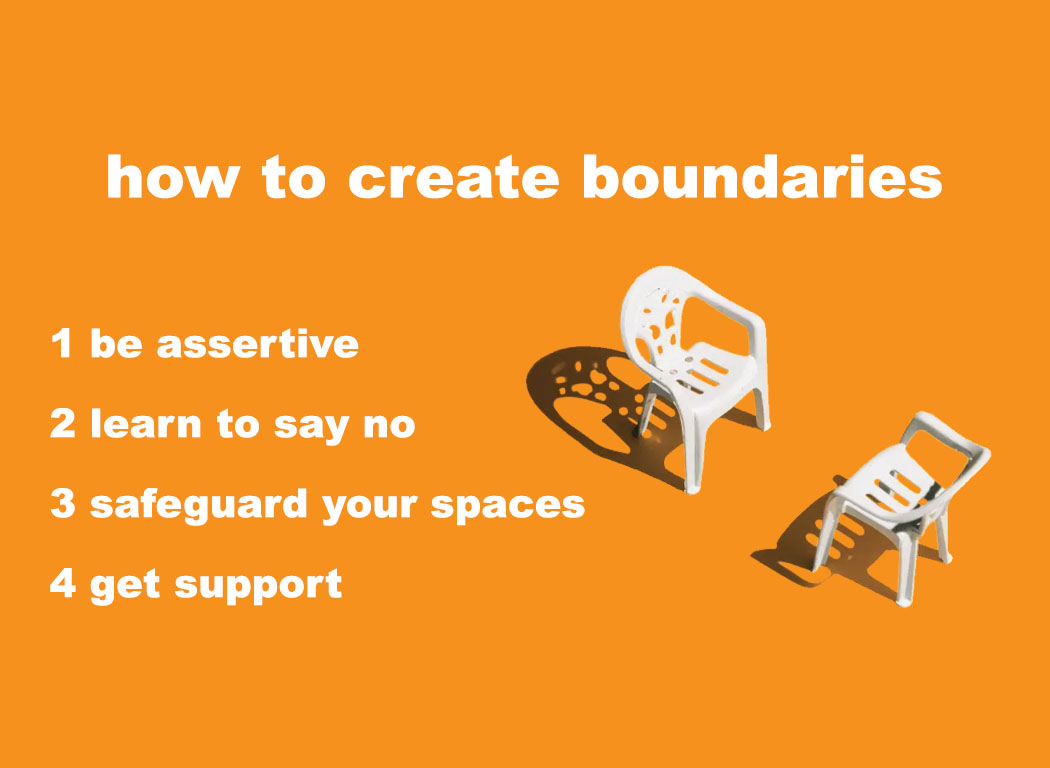
Conversations between two people need some kind of balance. It’s not always 50/50, but there is going to be some back and forth, and it can be good to remember that what and how you say things impacts how the other person may receive or respond to the info (and vice versa). So if you would like your feelings to be heard, be sure to make space to hear them out. If you notice your tone getting harsh, they might start getting harsh too, and noticing that can be a chance to reset to a more calm space. Having a conversation like this isn’t about being perfect, but it’s worth trying to remember that you both care about each other. Using “I” statements to talk about how drug use makes you feel can do a lot to keep your partner from feeling attacked (think like “I feel like a babysitter when you use drugs” vs “You’re such a baby when you use drugs”).
You can’t control what your partner does, and keeping that in mind can help you have realistic expectations for your conversation. If they’re someone who wants to keep using drugs, you saying “No drugs ever!” can set up a situation where they start hiding drug use from you, which could lead to more complications in your relationship. Coming with the intention to compromise can help set you both up for success. That said, if you have a zero tolerance policy about a partner’s drug use, it’s good to be honest about it. There are lots of reasons relationships end, and it’s totally normal if it happens over something like a difference in drug use. It’s sad, but it’s important to honour your boundaries around that if they help you stay true to your values.
If you have questions about this topic, feel free to contact one of our peer educators. [Link]
Last Updated: July 2021
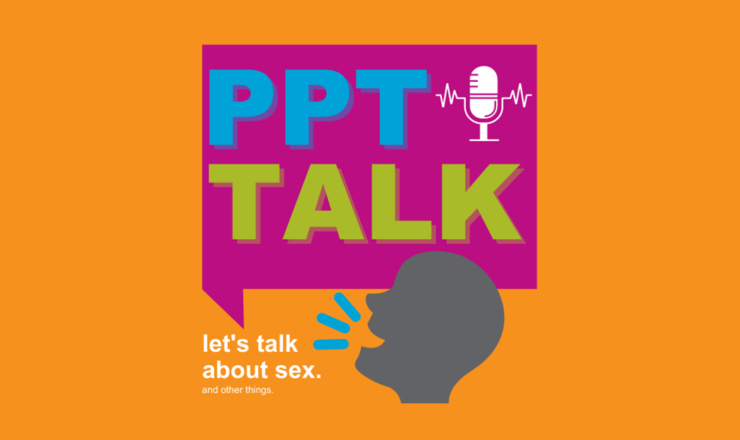
Peer educators from Planned Parenthood Toronto’s PEAK project have started a podcast
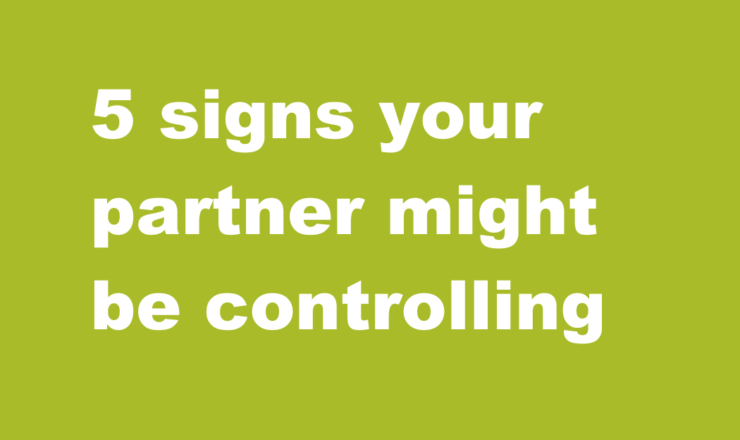
It’s not always easy to know when you’re in a controlling relationship, this article talks about 5 common signs of controlling partners and how to spot them!
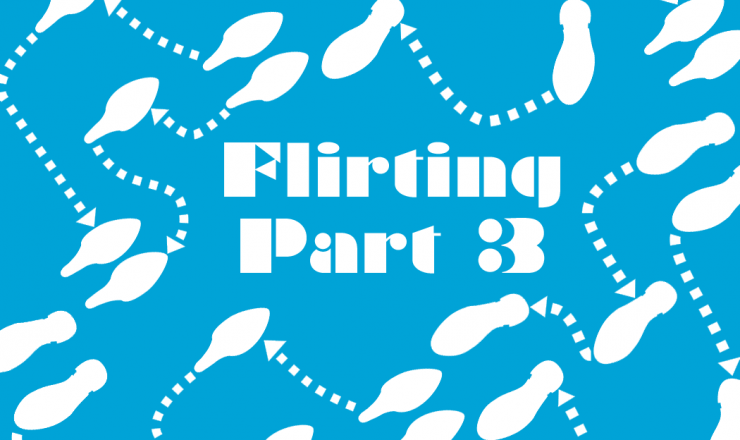
In this series we’re going over how people might want to think about interacting with a crush.This post shares ways people can try to flirt with their crushes. Let’s go